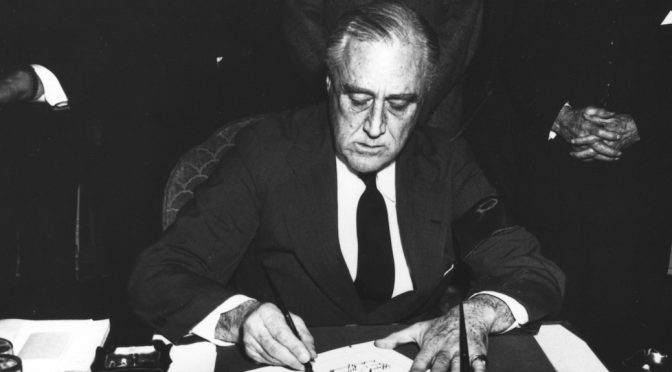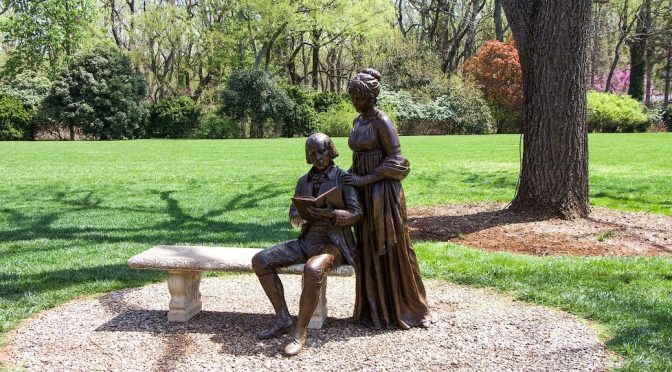Shortly after Nazi Germany invaded Poland in 1939, President Franklin D. Roosevelt issued a proclamation of a “limited” national emergency. This proclamation cited no statutory or inherent authority. Alden Fletcher looks to the historical record to suggest Roosevelt’s proclamation was relying on ambiguous statutes that provided for executive power to declare emergencies or take emergency… Continue reading Roosevelt’s “Limited” National Emergency: Crisis Powers in the Emergency Proclamation and Economic Studies of 1939
Tag: Executive Power
Reviving Liberal Constitutionalism With Originalism in Emergency Powers Doctrine
Legal scholars have theorized three models of Article II’s Executive Power clause, otherwise known as the Executive Vesting clause: first the cross-reference theory, which points to specific powers under Article II, such as the appointment power; second, the Royal Residuum theory, which interprets Article II as granting wide-ranging powers possessed by the eighteenth-century British Crown;… Continue reading Reviving Liberal Constitutionalism With Originalism in Emergency Powers Doctrine
Gathering Intelligence: Drifting Meaning and the Modern Surveillance Apparatus
Since its implementation in 1981, Executive Order 12,333 has served as a general charter governing the structure and operations of the Intelligence Community. While legislation has imposed a degree of added judicial and congressional oversight, the executive branch continues to retain sole discretion over large swathes of foreign intelligence activity today. Over the past several… Continue reading Gathering Intelligence: Drifting Meaning and the Modern Surveillance Apparatus



